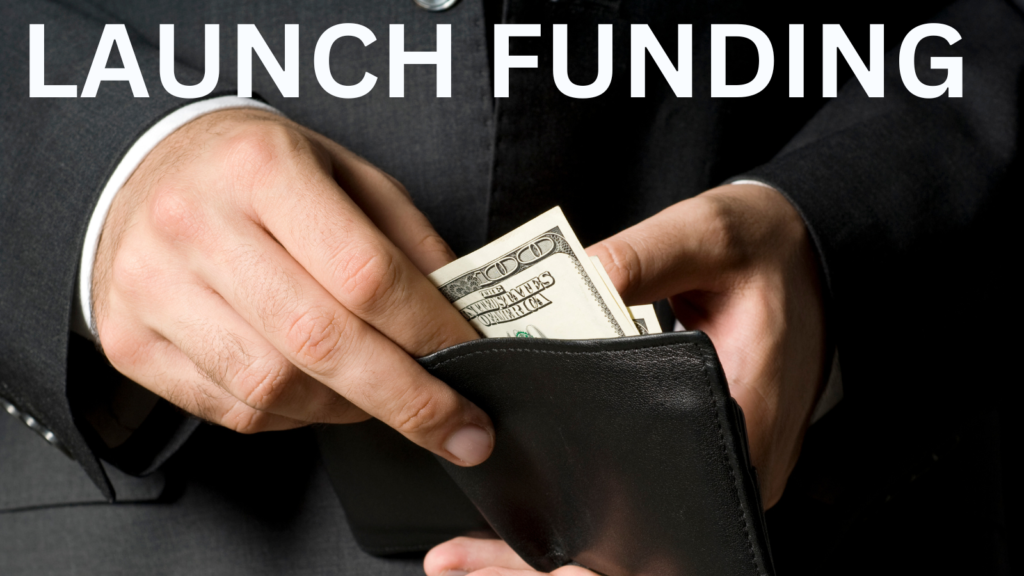
A big issue I have seen with the startups we work with is not properly resourcing the initial product launch. You need to put the work in upfront to insure you have identified what you need and that you have assembled the right team and resources to deliver a smooth launch. Once you know what it will take, you need to figure out how to pay for it. The easy answer is to raise money from investors, but this is often not possible for early-stage companies. There are lots of other ways to fund your launch, make sure to consider all of them.
Since this is the first time you are bringing this particular product to real customers, it can be hard to anticipate what you need. Getting this right can be the difference between success and failure, so make sure you put thought into all the areas from content to advertising to people to technology and more. Get deep on this, investigate the options in all these areas and find the best people or service providers and get the lowest prices you can. You should also build in a contingency of at least 20% of the launch cost to cover for things you haven’t thought of and to allow an alteration to your strategy if needed. It is unlikely you will get this exactly right during the planning stage, so you want to have some wiggle room.
Now that you have mapped out the resources needed for launch, you will now need to figure out how to pay for it. How does your personal bank account look? Do you have money saved up that you can use for these initial business expenses? Do you even have enough savings to cover your own personal bills while you work to get the business up and running? If not, can you continue to work another job to help fund this launch, either full or part time? I have spoken to many founders that do this in the early days, this can be a very effective strategy.
Every founder I speak to thinks they can go out and raise hundreds of thousands of dollars, or even millions, before they bring a product to market. Unless you come from a wealthy background or have worked in an industry like banking or big tech with wealthy colleagues, this is generally not possible. I certainly support hitting up your friends and family network pre-launch, these people know you best and might be willing to support you before you have proven your business will work. However, approaching investors pre-product launch is often a waste of energy.
I challenge founders to get creative about finding other ways to pay for their launch. In working with a subscription box company, this meant hitting up successful startups and asking them for free products to include in the first subscription box. Can you do something similar for your business with your suppliers or business partners? Also consider asking your employees, contractors, or suppliers to work for equity or accept deferred payment terms tied to your sales cycle. Another question to consider is can you get your customers to prepay for your product or service? Another startup we work with was able to get a sports team to pay for a pilot upfront. Similarly, many startups we have spoken to have launched on Kickstarter or similar sites where early customers pay upfront to fund the launch. Be creative and do not be afraid to ask for help to find the cash needed to get your vision to market.
